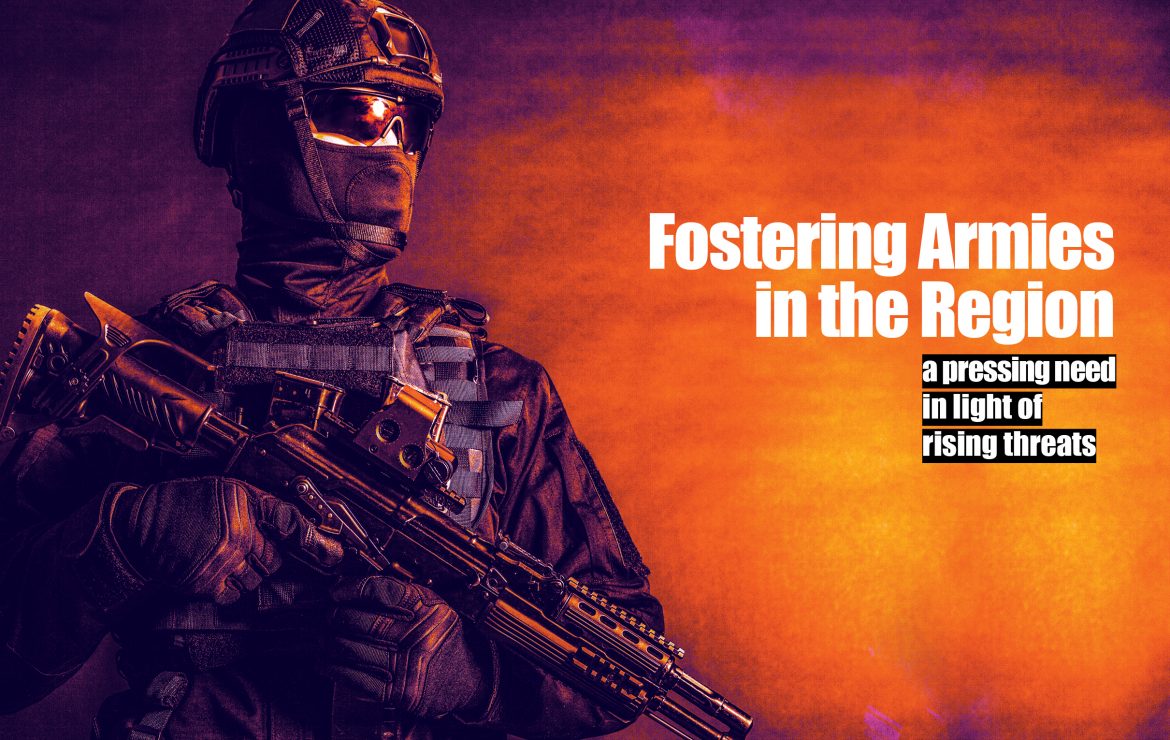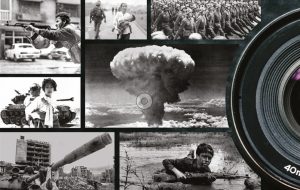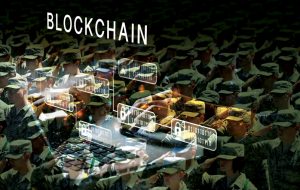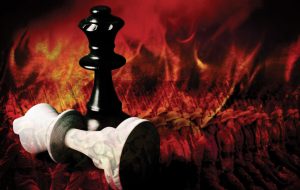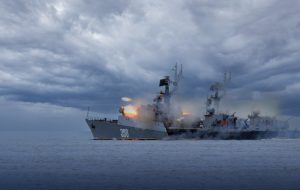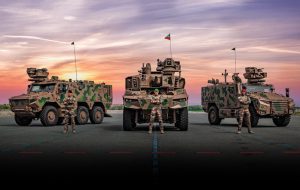Military spending in the Arab region is often viewed in multiple studies as an impediment to development. It is widely seen as taking a budget that could otherwise serve development projects. Such studies cite the experiences of other countries that reduced military spending and geared investments to development and economic plans. In this respect, these studies go as far as calling for slashing military spending as a sine qua non for development!!
In fact, if we examine the Arab region, we will find that it has its specificities that make us challenge such studies on the basis of three main reasons:
First: These studies ignore the context and conditions of several armies, notably in terms of the threats and risks they are facing and how they are preparing to respond to them. They also have a blurry idea of the nature of the threats and whether they are ordinary or posing a risk to the very existence of states and societies.
Second: These studies look at military spending as an absolute evil. They adopt a negative perspective to armies and their roles in general. Hence, they ignore key development aspects relating to military spending and the functions of military institutions. In the developed world, taking the example of the United States, the military and space industry employs 3.5 million people directly and indirectly. Besides, armies made multiple inventions that changed the world. These include penicillin, radio detection and resonance , synthetic fuel, the computer, siri system on Iphone and others.
Third: The military institution plays a key role in protecting development achievements across the globe. It offers a safe environment for achieving and defending development. The Arab region is rich with examples wherein the collapse of the army propelled the failure of state institutions and the loss of all the development assets achieved after decades of hard work. Worst, the collapse of the army led some states to an endless spiral of devastating civil war.
In this context, it can be asserted that bolstering national armies in the Arab region in general and the Arab Gulf in particular and developing their capabilities stands as a top priority and urgent need in the contemporary period for the following reasons:
1 Protracted crises: The Arab region is plagued by conflicts and crises whose indicators point to their protracted character. This means they are unlikely to be settled anytime soon as they would last probably for years and no one can predict how and when they will end, in light of their complexity and the pile up of aggravating aspects whether they were religious, racial or sectarian. This is typical to the conflicts in Libya, Yemen, Syria, Iraq, Lebanon and other countries in the region. These crises pose a continuous threat to stability in the region, which obliges states to reinforce their armies to ward off such risks.
2 Regional hegemony: Iran and Turkey in particular have stepped up their religious and sectarian schemes in the region targeting Arab countries in particular with the aim of undermining their security, stability and interests. Both Iran and Turkey have meddled in the domestic issues of their Arab neighbours and set out to build military bases and arm militias in the region. The risks posed by the Turkish and Iranian projects are clearly rising as they unveil their expansionist intentions. So far, attempts to reach an agreement to contain such a risk have failed. Arab states therefore, are called upon to be prepared by strengthening their own military capabilities.
3 Political Islam and hostility to the nation state: Despite the multiple severe blows it has suffered in recent years, Political Islam led by the Muslim Brotherhood still poses a threat as it continues to resist via its expansion and infiltration tactics within societies following the means it has developed for years. The risk posed by this movement lies in its recognition of the nation state which it seeks to undermine and dissolve in order to take it over with a view to establishing a supranational religious project. Political Islam considers national armies its main enemy because it stands in its way. The role of the Egyptian army in averting a power grab by the Muslim Brotherhood in 2011 is a relevant example. The army saved Egypt and the whole region from the domination of the Ikhwan (Muslim Brotherhood). Hence, the Brotherhood is always seeking to subvert national armies and smear their reputation. To face such a subversive movement, national armies are needed to defend state institutions and safeguard the union of society.
4 Supra-national militias: Some sectarian and religious militias seek or are rather manipulated by their sponsors to hijack the sate and dominate it by the use of force. This is clear in the case of Hizballah in Lebanon and the Houthis in Yemen as well as the militias of the government of Fayez al-Sarraj in Libya and other armed militias in Iraq. Several reports have also warned that the Muslim Brotherhood sought to create its own armed militias during their rule of Egypt similar to the Revolutionary Guard in Iran. In the face of these armed groups, it is vital to reinforce national armies and bolster their capabilities. One of the reasons of the surge of militias in Iraq lies in the weakness of the army. Therefore, these armed groups well-trained in guerilla warfare endeavor to weaken the military institution. The same applies to the actions of Hizballah in Lebanon.
5 Armies are the protectors of the state during crises: During large-scale crises such as the coronavirus pandemic, armies proved they were better placed, most efficient and well prepared to respond and contain the outbreak by offering valuable and timely support to state institutions. Influential countries like the United States, the United Kingdom, France, Germany and China as well as many Arab states have mobilized their armies during the pandemic. That is because armies are the custodians of the state’s existence and stability and the protector of its institutions at all times especially during crises. Given the risks hovering in international horizons, according to multiple studies, the recurrence of crises is to be expected which further highlights the need for keeping the military institution well prepared.
6 Less dependence on International protection: In light of the transformations taking place in the globe and altering the balance of power between key global actors, notably between the United States, Russia and China, developing domestic military capabilities remains the best guarantee to defend and protect the interests of the homeland. International powers are distracted by their rivalry giving less attention to international peace and stability concerns. This stresses the need for attaching an utmost attention to bolstering national army capabilities. Self-reliance is the only way now to defend national sovereignty and security.
By: Mustafa Jaber Political Affairs Researcher


